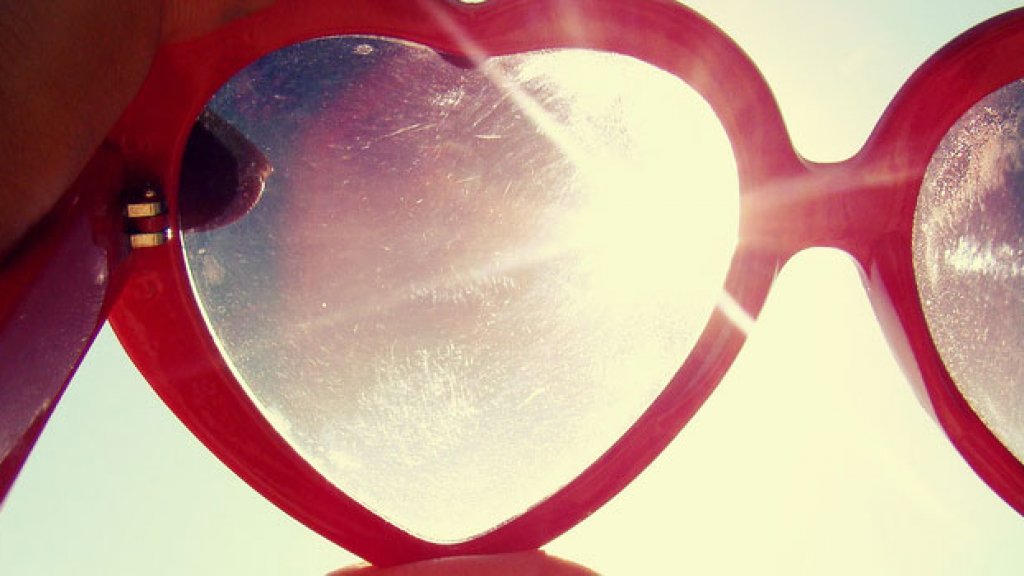“I was born in the wrong decade!” has been a sentence uttered for and more frequently by younger and younger people throughout the past few years. An ‘old romantic soul’ has become an archetype that is now quite mainstream despite the claims the speaker usually makes. Romanticization of everything has taken over numerous social media platforms and is fed to millions every day.
This isn’t inherently a problem; usually it’s nothing more than a little annoying and repetitive. But there is a line that can and has been crossed that takes it from a mere annoyance to something inherently dangerous.
Tiktok has entranced an entire generation, feeding many impressionable minds false realities. One of the most notable contributors to the problem is the fascinating world of ‘booktok’. Between the book discussions and typical book-lover activities, a seedy underbelly lies with a collection of people and ideals that only the internet could have comprised. Many of these readers entertain the fantasy of romanticizing topics such as abuse and assault. This obsession over dark topics can alter a person’s perspective of love and waters down the grave seriousness of the topic.
In the past few years, mental health research has skyrocketed, and the recognition of mental illness has become a standard of modern healthcare. This has been enormous for those struggling with mental illness and more focus than ever before has been put on those suffering. But, an entirely unforeseen problem has arisen with the new spotlight on mental health. Faking mental disorders for social clout and romanticizing mental illness have become some of the newest sick trends in the past few years. This rise in the romanticization of mental illness has caused stigmas and blurred the line between what was real and what was just someone faking for their moment in the social spotlight.
The most common instance of false romanticization is the cliche “I was born in the wrong decade.” Despite living in a society that has progressed so far, people still insist that they were meant for a time long ago. Longing for the sappy romance of the 1950’s, or the constant party of the roaring twenties. It’s no secret that these times were corrupt, segregation and war being abundant at both of these times. As the saying goes “the grass is always greener on the other side of the fence” as a species we always want what we can’t have. Even when the fashion, and milkshake dates of the fifties are still very attainable today. Nostalgia for something we’ve never experienced is a killer and makes the past seem more appealing.
The fantasizing for a life that is not ours is no recent thing, but it has become increasingly more common in the past few years. The main cause that is extremely easy to point a finger at is the COVID-19 crisis back in 2020. While everyone was stuck indoors, the only door to the outside world was daydreams of a better life. Even menial things, such as going to school, became nothing more than an unattainable dream. And, as mentioned before, it’s no surprise that tiktok had a massive surge during this time period. The cabin fever paired with the unstoppable force of the internet created the perfect opportunity for a storm of romanticization to take hold of many.
Although these tendencies occasionally are harmful, these heavily warmed-over visions of everyday things really only reflect the generation that has really relied on them: Gen Z. These ideals reflect hope for a better future, in a grim world where political parties are no longer just opposing views but bitter rivals at each other’s throats; a world where disease caused the entire world to shut down that killed millions. Of course this generation would reach for the dark topics, like the aforementioned “dark romances” and mental illness, as it is what this generation has been raised around.
If gen z keeps on romanticizing what they have, and working to achieve something better than what the world has thrown at them, then maybe we can hope for a tomorrow where we have no need to romanticize anything. We can at last be satisfied with the world we have.


